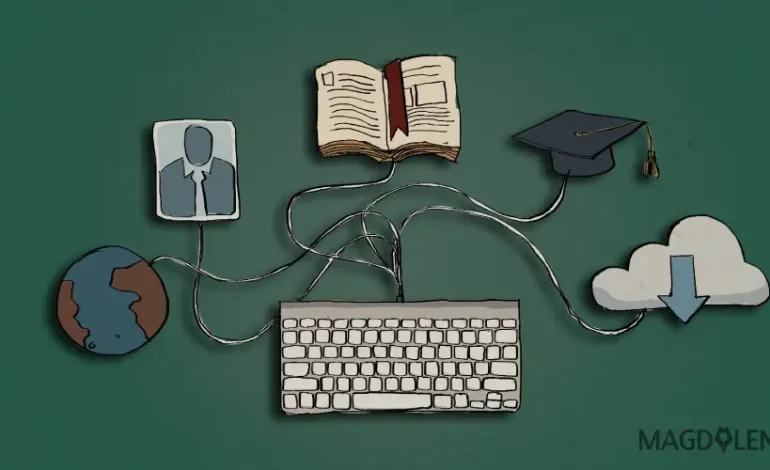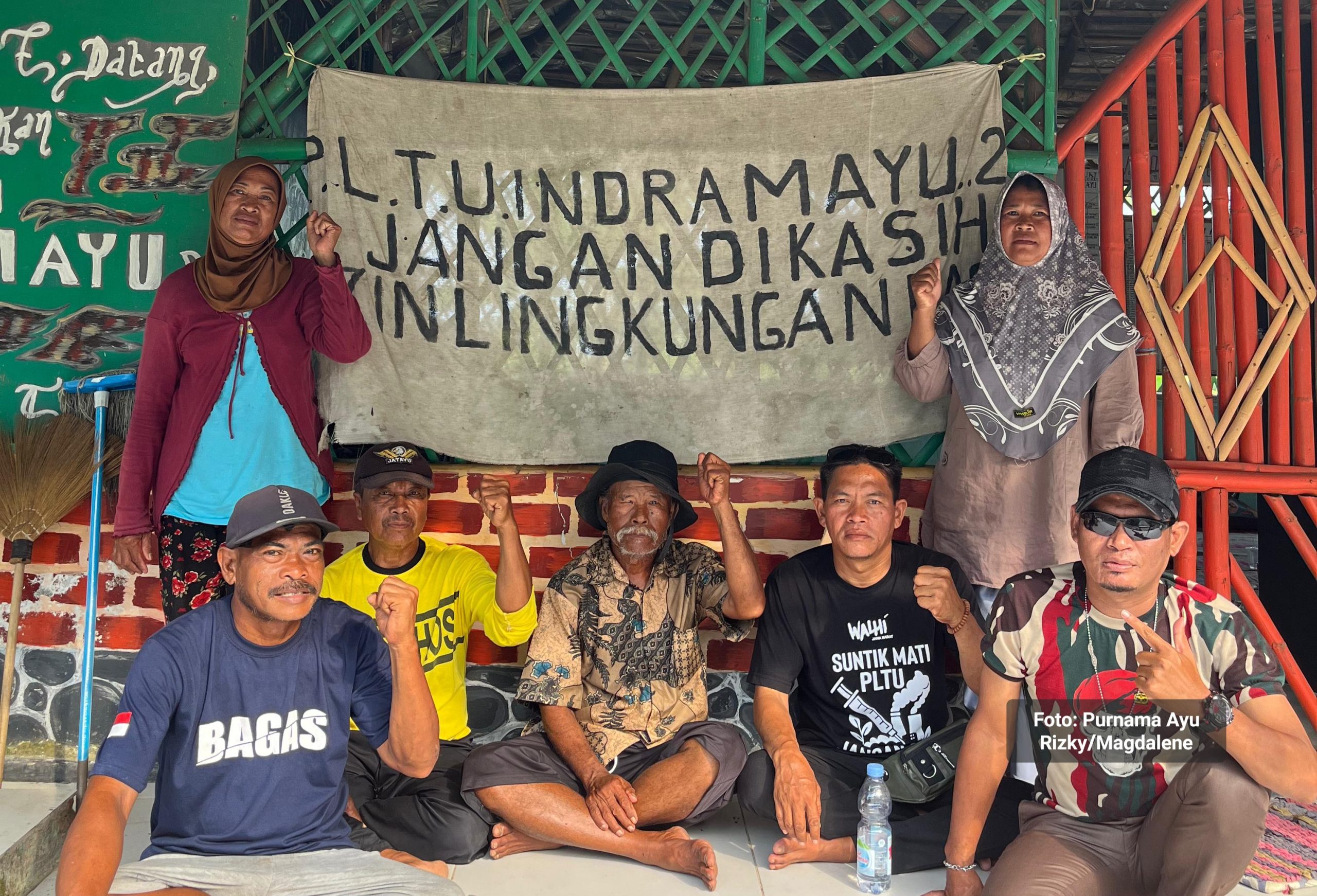Going for a Digital Education

For a year, my life was based in two different time zones, concentrated in one space: online.
By day, I wrote and researched stories for Manila-based news website Rappler. At night, I studied readings and did my homework for my teacher in Mexico, living 13 hours behind on the other side of the globe.
I was taking up an online journalism course run by FEMSA and Tecnologico de Monterrey, along with about 40 Latin-American reporters on a distance-learning program similar to popular Massive Open Online Courses like Coursera.
This kind of learning model has an understandable appeal – it allows anyone to learn something new or improve on what they already know by taking free courses from university professors teaching at reputable institutions abroad.
In this digital environment, everything is done online. Readings, assignments, group activities, teacher feedback – they’re all hosted on an online platform. Students follow a schedule to submit their homework, get their grades through email, and collaborate with fellow students through forums and private messaging.
One veteran Filipino journalist recently told the Rappler newsroom that journalism means constant learning. You need to build the competencies, she said, to keep up with a world that’s quickly evolving.
For many eager students with not much time or money (or both), building up these additional skills doesn’t have to mean going down the usual route of enrolling in night classes. An online course provides a good alternative, but just because it’s online doesn’t mean it’s easy to do.
Attention span problem
The diploma course I was enrolled in had its own learning platform. It stores the readings for the entire course, lets me track my progress, and allows me to contact fellow students and submit assignments through the messaging system.

The premise sounded easy enough: Study the readings for the week, finish the assignments, keep a close eye on the calendar, and follow the schedule.
But online learning comes with its own set of challenges. Those who work best with animated discussions between the teacher and students will have to make adjustments. Here, you’re mostly studying on your own, and collaborations with other students are done online, through forums or chat.
Keeping up motivation is also another challenge. You have the freedom to choose when to study and when to do your homework, but what student doesn’t feel the urge to slack off from time to time? When your teacher and your classmates are just names on a computer screen, it can be difficult to remember that ultimately, you’re responsible for your own progress.
I fell behind schedule several times, especially when the workweek was particularly busy. It’s times like those where your tutor’s investment in the program makes all the difference. I’d get emails from my instructor, gently reminding me about the activities I missed and encouraging me to keep up with the course. I don’t think I’d have finished it at all if not for those personal touches that reminded me that there was a face behind the computer screen name.
Real life meeting
Online learning adds another dimension to what you learn about – you get to know how a person from another part of the world thinks about a particular topic. You get to see how different backgrounds and cultures color how people view the world. (Of course, if you’ve been on the Internet long enough you’ll learn how people think just by reading the comments section, but in an online course, opinions are much more intelligently discussed).
But despite the convenience of an online education, there’s still a real benefit to taking your ideas offline. I got the opportunity to meet my Latin-American classmates for the graduation ceremony in Mexico, and even with my non-existent knowledge of Spanish, it was fascinating to learn about how our shared profession – journalism – is practiced in different countries.
In the online course, we studied media ethics and social development. In “real life,” we got to discuss so much more: media repression in Venezuela, threats to journalists in Mexico City, and how print media in Latin America was starting to go the online route.
After a year of online study, my classmates’ names and faces were finally flesh and blood. But that didn’t stop the digital world from encroaching. There was a livestream of the graduation ceremony, a hashtag for the event, and people tweeting and posting photos as the day went on.
And me? I was learning a bit of Spanish on Duolingo, using technology once again to learn something new.
This story was first published in Rappler.com, a Manila-based social news network where stories inspire community engagement and digitally fuelled actions for social change.






















